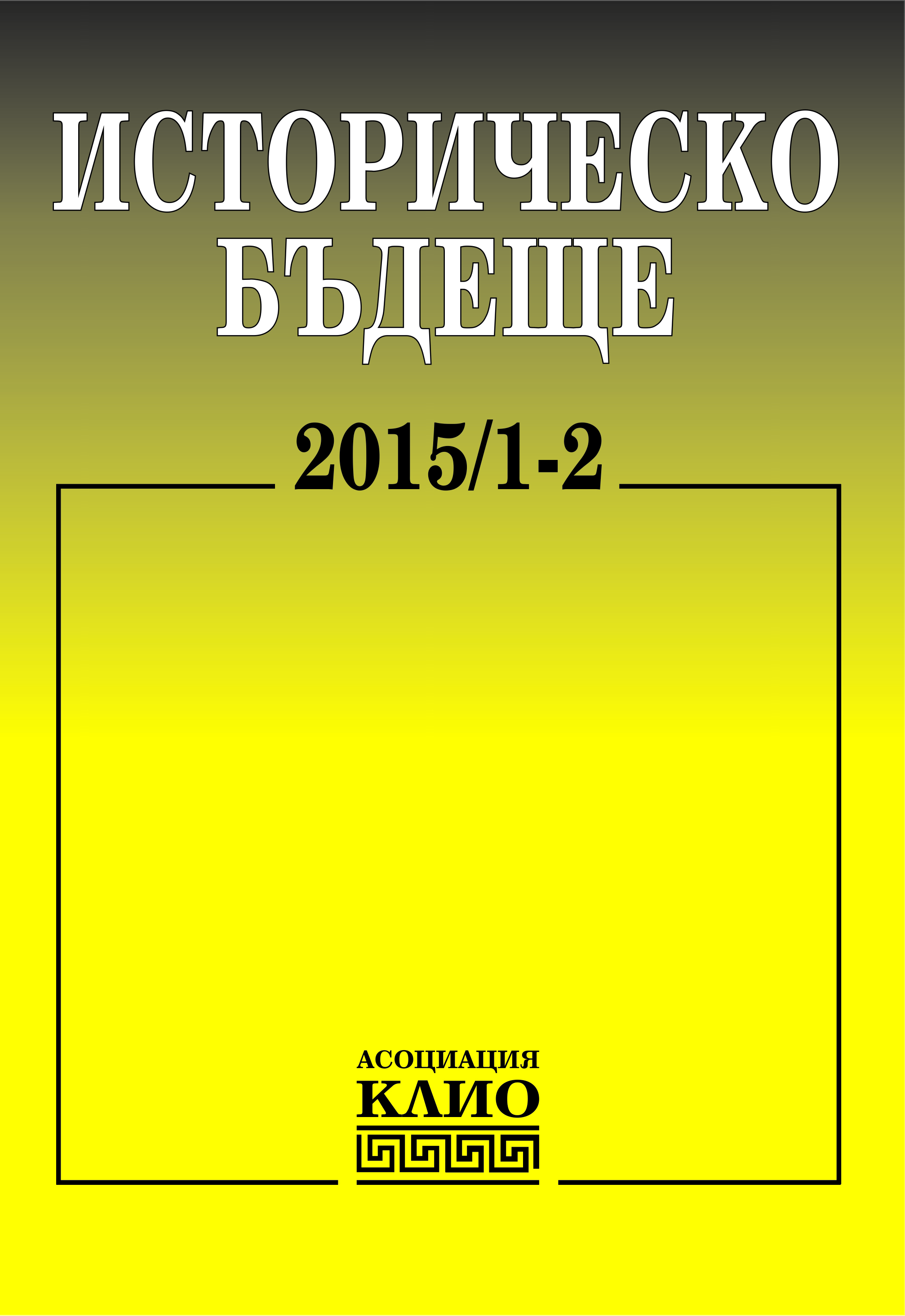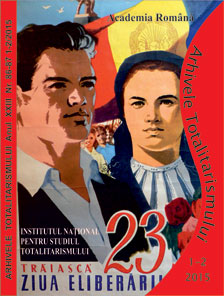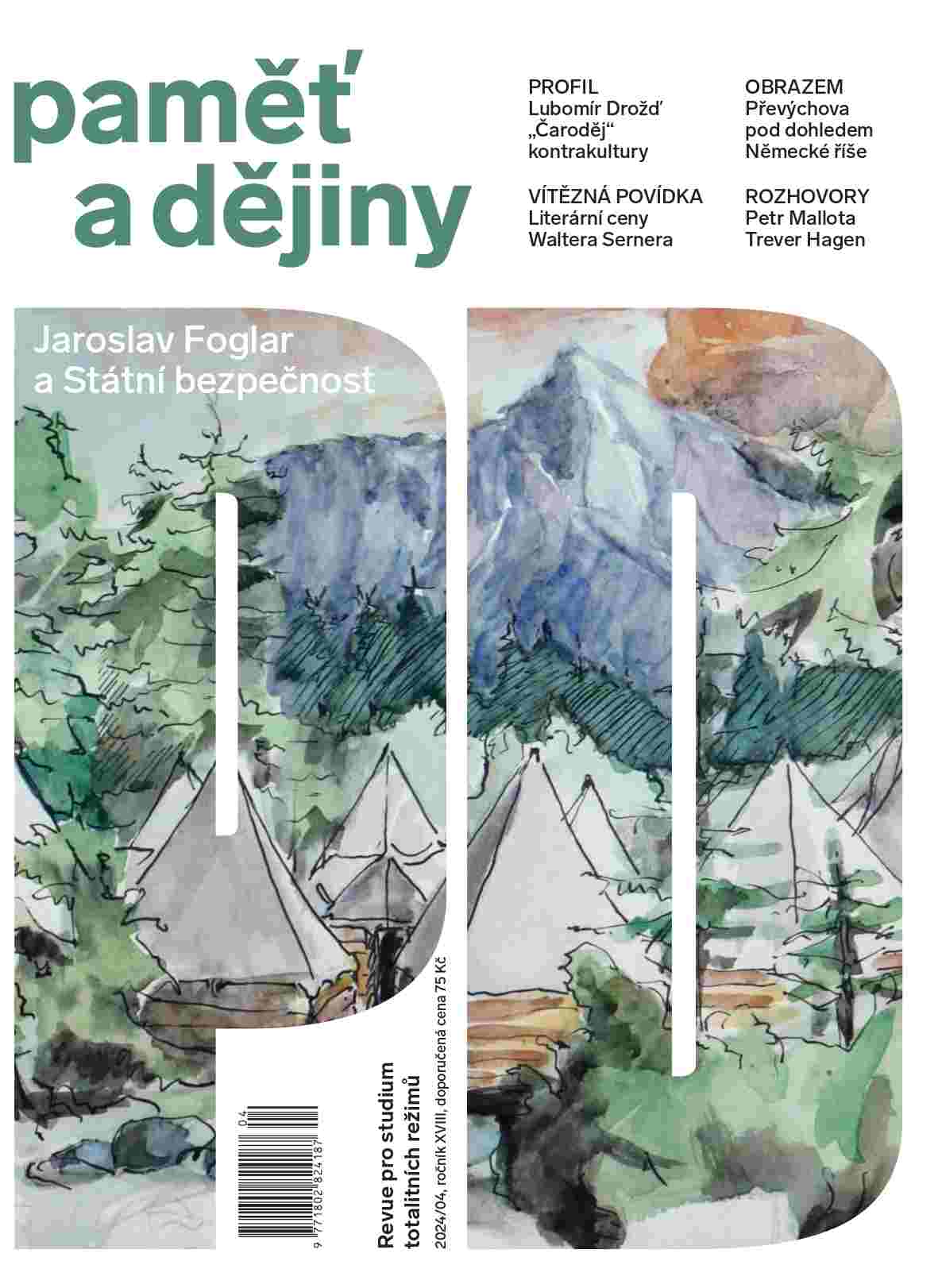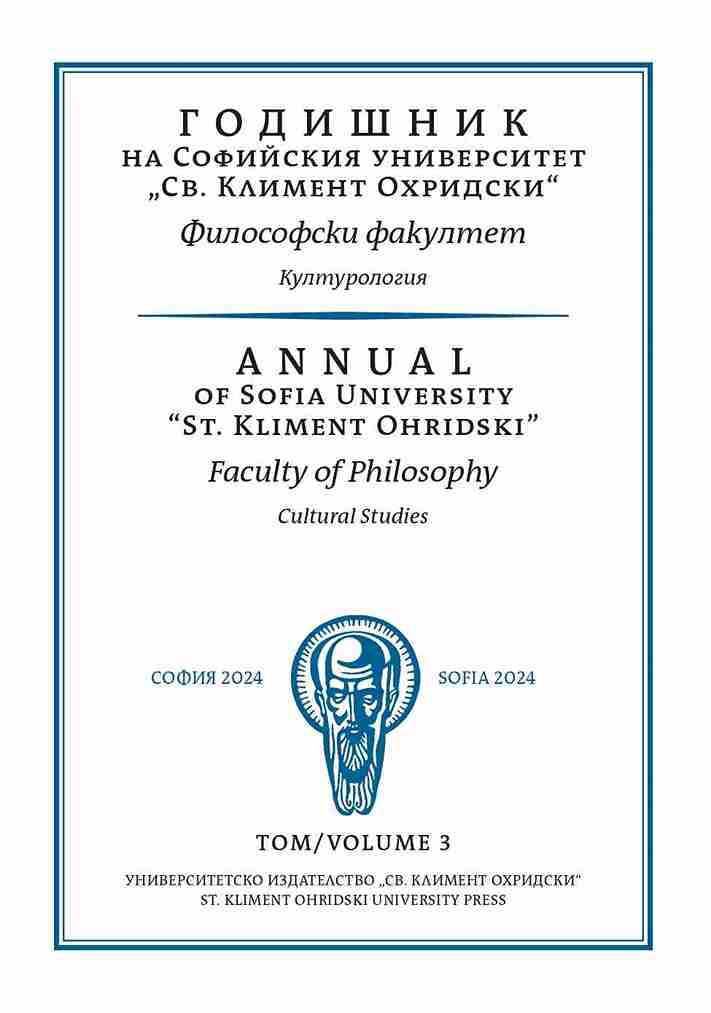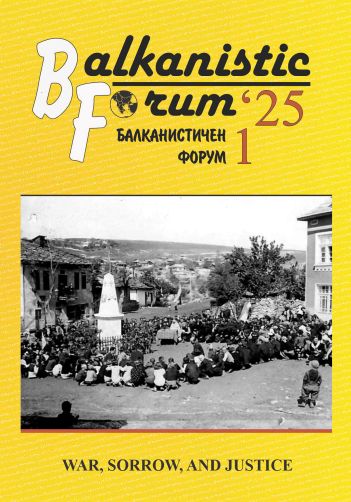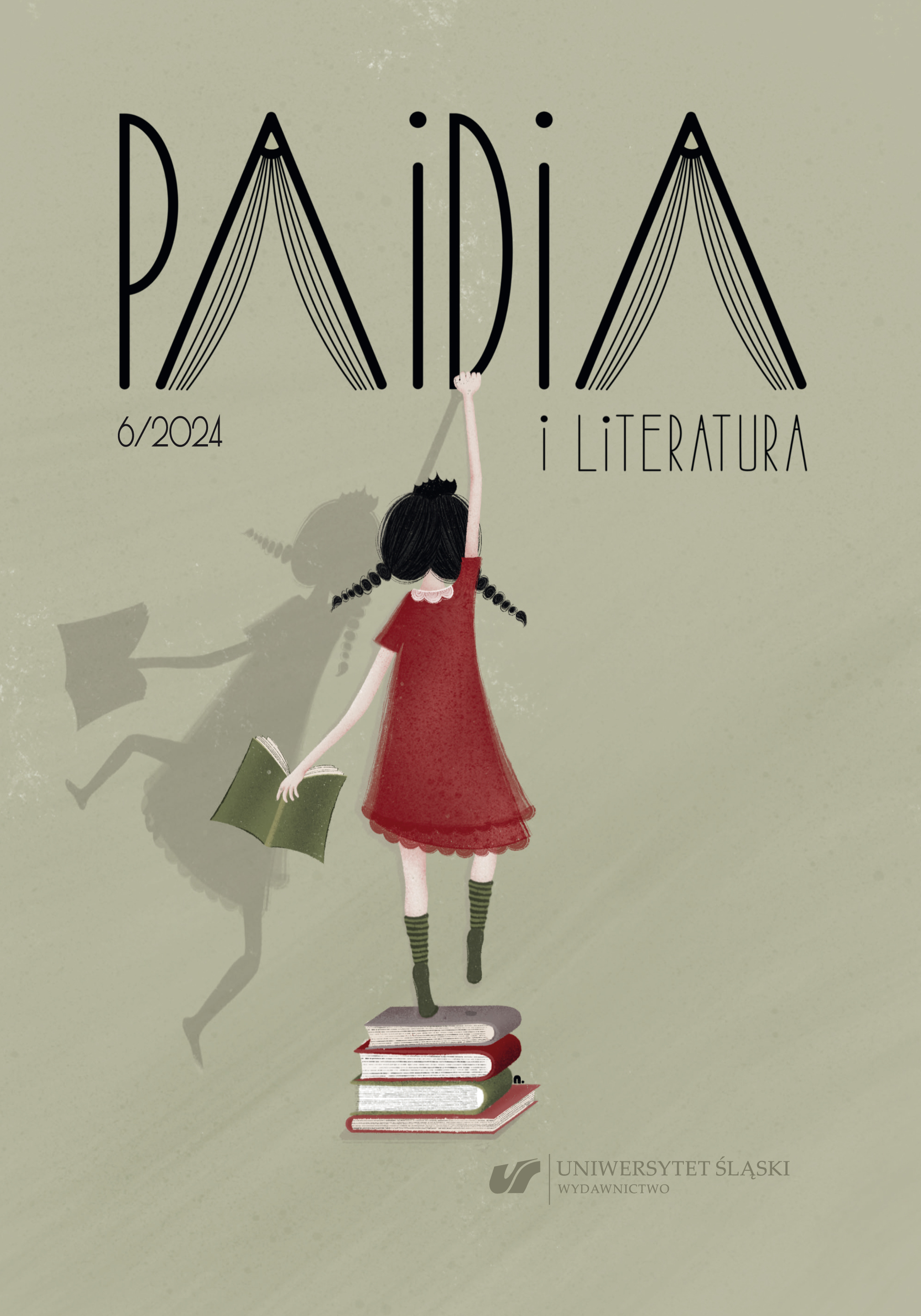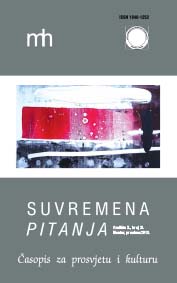
Fra Grgo Martić, učitelj i promicatelj pedagoške misli u BiH
Fra Grgo Martić was a great promoter of pedagogic thought in Bosnia and Herzegovina, a prominent Franciscan and teacher whose life and work left a lasting and indelible imprint on our educational, cultural and socio-political history, and also formed our pedagogic reality, which we today very often, unfortunately, take for granted. He devoted his life to a sixty-year long social activity within the first half of the 19th century during the rule of the Ottoman Empire or more exactly, from the moment he was ordained in the Franciscan Order in 1844 until the coming of Austria-Hungary to power in 1878 when he withdrew from the public life. Fra Grgo Martić gave a huge contribution to the development of society, culture and education as well as to the promotion of the pedagogic thought in BiH in the 19th century. He was a skillful diplomat and politician for the benefit of his people, he helped Catholic and non-Catholic population equally during his engagement in the Agency of Bosnian Franciscans in Sarajevo. He had a significant role in the establishment of the first elementary schools throughout the Franciscan Province of Bosna Argentina (Silver Bosnia), he opened the first general program secondary school in Sarajevo and wrote rule books for elementary and secondary education, that can justly be characterized as peculiar foundations on which the modern Bosnian-Herzegovinian education system rests. He was, first of all, a great man and philanthropist, an example of the Franciscan Order of Silver Bosnia he belonged to, a negotiator when needed, a writer and guardian of the literature of the Croatian people, a teacher and pedagogue in the full sense of the word.
More...
